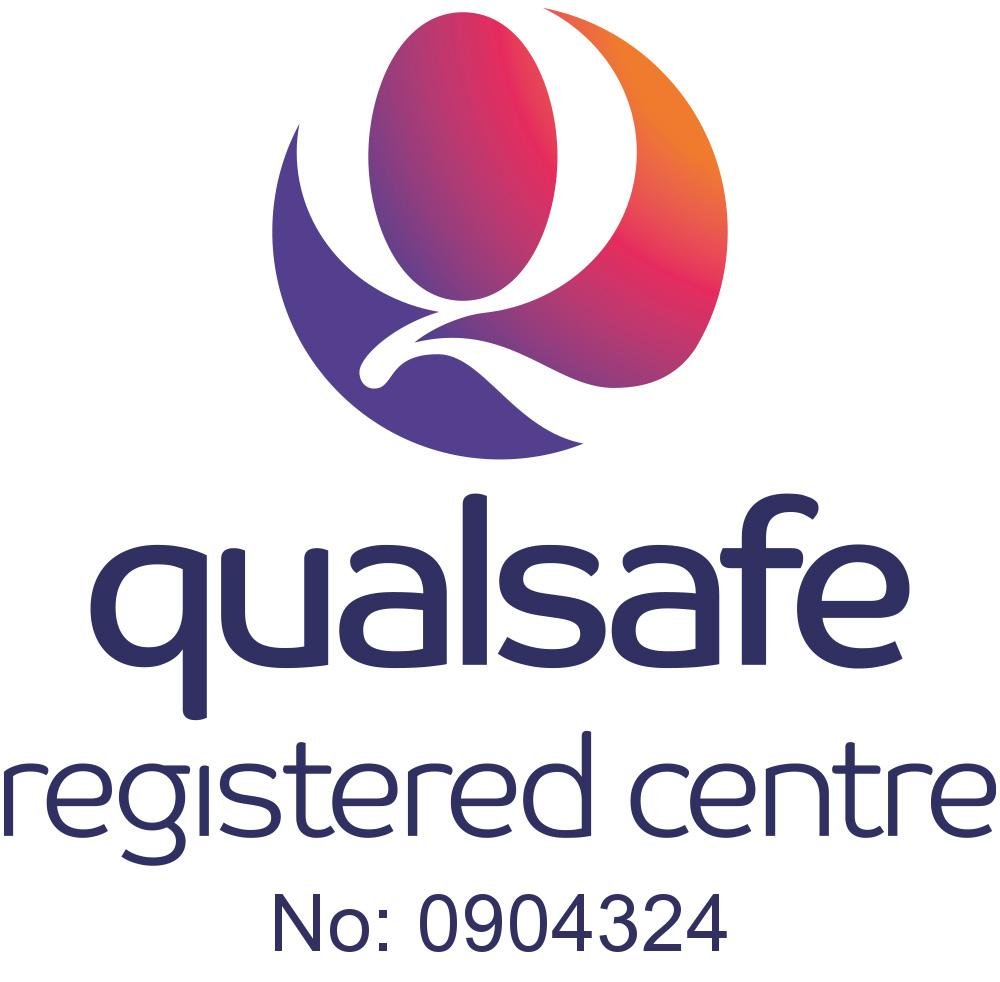Legal Information and notices
General | Classroom | Intellectual Property | Privacy Policy | Cookie Policy | Policies
Introduction
Safeguarding Policy
Antibullying Policy
The Safeguarding Policy
This policy applies to all staff working on behalf of Simply First Aid.
It is the policy of Simply First Aid to safeguard the welfare of all involved by protecting them from neglect and from physical, sexual and emotional harm.
All adults aged 18 or over within Simply First Aid are responsible for the implementation of the Safeguarding Policy.
It is the responsibility of all adults to ensure that:
· their behaviour is appropriate at all times;
· they observe the rules established for the safety and security of young people and vulnerable adults;
· they follow the procedures following suspicion, disclosure or allegation of child abuse;
· they recognise the position of trust in which they have been placed;
· in every respect, the relationships they form with the young people under their care are appropriate.
Simply First Aid is committed to:
· taking into account, in all its considerations and activities, the interests and well-being of young people;
· respecting the rights, wishes and feelings of the young people with whom it is working;
· taking all reasonable practicable steps to protect them from neglect, physical, sexual and emotional harm;
· promoting the welfare of young people and vulnerable adults in their protection within a relationship of trust.
We recognise that:
· the welfare of the child is paramount, as enshrined in the Children Act 1989;
· all children, young people and vulnerable adults, regardless of age, disability, gender, racial heritage, religious belief, sexual orientation or identity, have the right to equal protection from all types of harm or abuse;
· some children, young people and adults are additionally vulnerable because of the impact of previous experiences, their level of dependency, communication needs or other issues
· working in partnership with children, young people, their parents, carers and other agencies is essential in promoting young and vulnerable people’s welfare.
We will seek to keep children young people and adults safe by:
· valuing them, listening to and respecting them;
· adopting child protection practices through procedures and a code of conduct for staff;
· implementing an effective Safeguarding and Anti Bullying policy and related procedures;
· providing effective management for staff and volunteers through supervision, support and training;
· recruiting staff safely, ensuring all necessary checks are made;
· sharing information about child protection and good practice with children, parents and staff;
· sharing concerns with agencies who need to know, and involving parents and children appropriately.
We are committed to reviewing our policy and good practice.
This policy was last reviewed on: 12th January 2025
The Anti-Bullying Policy
“Children have the right to protection from all forms of violence (physical or mental). They must be kept safe from harm and they must be given proper care by those looking after them.”
[The United Nations Convention on the Rights of the Child, Article 19]
Simply First Aid is committed to this ethos and seeks to ensure, so far as is reasonably practicable, the prevention of all forms of bullying among participants and staff. To this end all activities should have in place rigorous anti-bullying strategies.
Responsibility within the Anti- Bullying Policy
It is the responsibility of all adultsinvolved with Simply First Aid to help develop a caring and supportive atmosphere, where bullying in any form is unacceptable.
Simply First Aid instructors and other staff should:
· be aware of the potential problems bullying may cause;
· be alert to signs of bullying, harassment or discrimination;
· take action to deal with such behaviour when it occurs, following policy guidelines;
· provide access for young people to talk about any concerns they may have;
· encourage young people and adults to feel comfortable and caring enough to point out attitudes or behaviour they do not like.
We are committed to reviewing our policy and good practice.
This policy was last reviewed on: 12th January 2025




